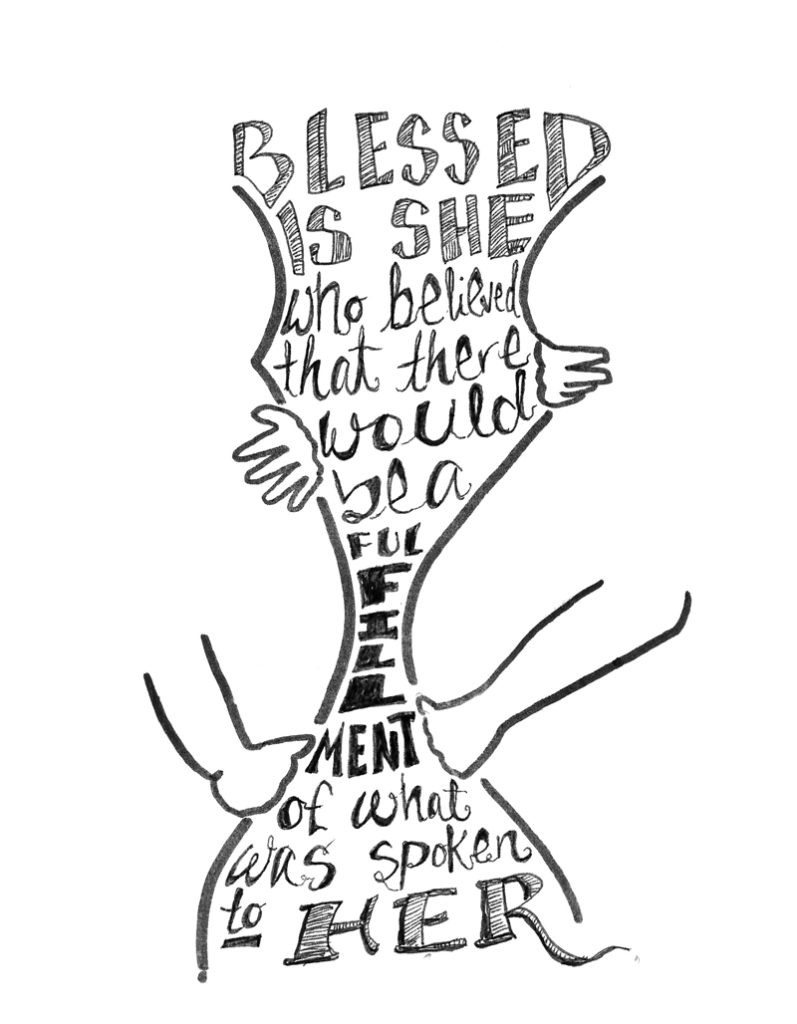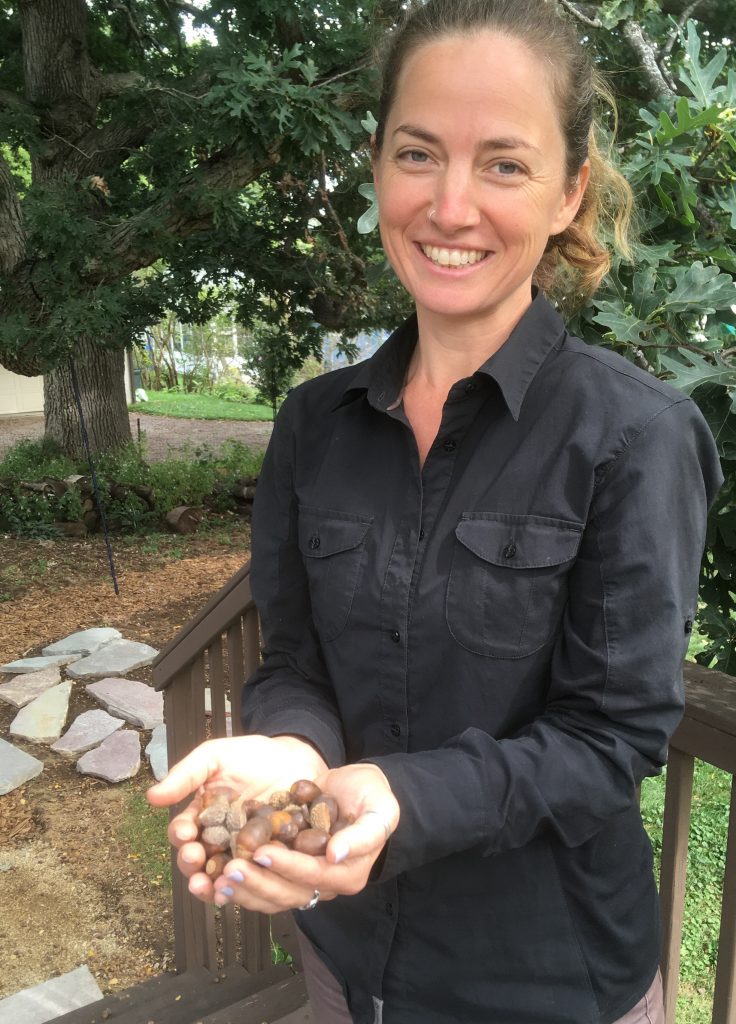This is a new ritual created in support of a congregant preparing to be a live organ donor. In this instance, a liver will be donated, and the ritual wording reflects this. Adjustments may be needed if a different donation is being made.

Introduction to the Ritual
Leader: We remember that Jesus, sitting among friends, broke a loaf of bread and offered pieces to those around him, saying, “This is my body, broken for you.”
As followers of Jesus, we, too, give of ourselves and our bodies to one another. We do so, in part, because we hope for the healing of creation, where bodies, minds, and spirits may thrive in all their various forms and expressions.
Today we recognize and honor the unique gift of live organ donation, a journey that [person’s name] has been preparing for and will be embarking upon in the coming weeks. [Person’s name], we welcome hearing more about this and then we’ll anoint you and offer a blessing.
Sharing by person donating their organ
Anointing & Commissioning
Leader: To offer a live organ to another is an act of faith, courage, and service. It is also a physical offering and will include a season of healing. In our faith tradition, the ritual of anointing is often used when commissioning acts of service, as well as when we pray for our bodies. So today we anoint you with oil, [person’s name], in the spirit of these traditions.
In breaking open your body,
and sharing your liver with [donor recipient],
may the act of your gift
generate new growth, new life, and new hope.
We anoint you, [person’s name],
and commission your liver
in the name of Jesus,
who embodied love
in the breaking of his body.
We love you
and send you with courage, hope, and joy.
Congregational Blessing & Laying On of Hands
Leader: We invite the congregation to gather round in body or in spirit, to surround [person’s name] as we pray for them/her/him.
Spirit of Life,
who hovered over the face of the deep,
and who knit us together in our mothers’ wombs,
we give thanks for life and breath,
for our bodies and the organs they contain.
We pray today for [person’s name],
as she/he/they prepare(s) to give a portion of her liver to [recipient].
We pray for good health in the weeks leading up to the surgery,
and for rest and deep healing in the weeks following.
May [person’s name]’s liver regenerate,
and may her/his/their spirit be fortified in the process.
We pray for [recipient].
We pray that the surgery be successful,
that [recipient]s body will accept the gift of a new liver,
and that her/his/their recovery will also be full of rest and deep healing.
We pray for the rest of the family as well,
[names of other family members/caretakers supporting the donor and/or recipient].
Hold them in your deep, abiding peace.
We pray for the medical team who will be supporting this organ donation.
Give them wisdom, clarity of mind, and steadiness of hands.
We give thanks for the gifts of modern medicine,
for the mystery of organ donations,
and for all those who give of their bodies,
so that others might live.
We pray all this in the name of the Creator,
the Healer,
and the Life Giver.
Amen.
Song of Blessing (chosen by donor, if desired)
Image by congerdesign from Pixabay









